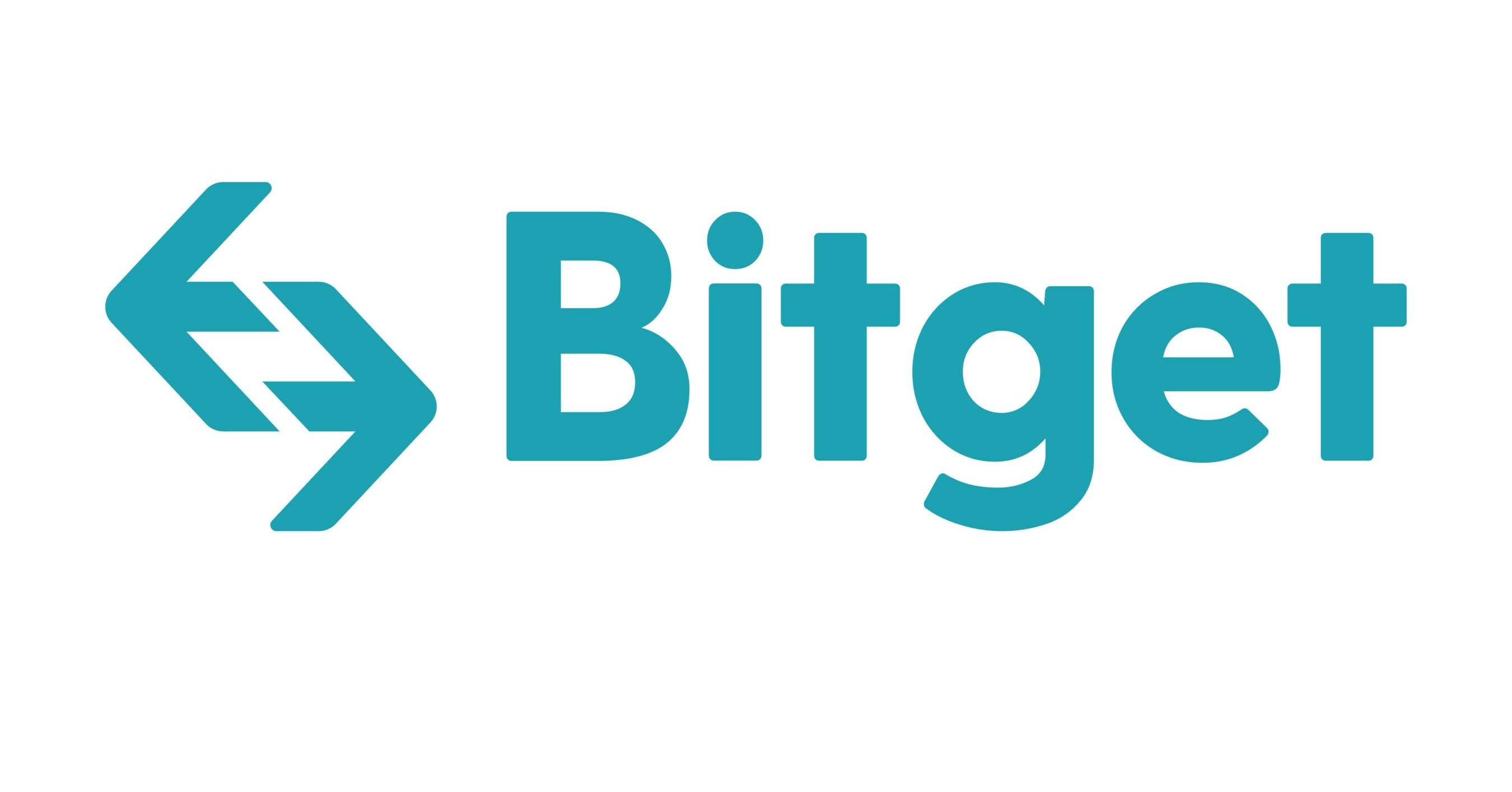Fintech seen as possible answer to Korean banking ‘oligopoly’

![Bank customers use ATMs in Seoul on December 27. [NEWS1]](https://koreajoongangdaily.joins.com/data/photo/2023/03/02/a66faf70-6af0-4c02-bd23-7093be2f6b7c.jpg)
Bank customers use ATMs in Seoul on December 27. [NEWS1]
Fintech firms can help break the banking “oligopoly” in Korea, the government believes, as the smaller, nimble companies can be more responsive to customers’ needs.
Financial regulators are reviewing measures to address what they claim is an oligopoly of five commercial banks: KB, Shinhan, Hana, Woori and NongHyup.
Regulators were particularly upset when banks paid out huge bonuses this year after posting record profits, as individuals and companies struggled with higher interest rates.
Measures being considered by the regulators include increasing the number of banks and increasing competition between the existing institutions.
One possibility is to break down the barriers between finance and technology companies.
“We will consider ways to promote competition by breaking down sales barriers between finance and IT,” Financial Services Commission (FSC) Vice Chairman Kim So-young said at a meeting of financial organizations late last month.
![Financial Services Commission (FSC) Deputy Chairman Kim So-young speaks at a press conference held in central Seoul on February 24. [YONHAP]](https://koreajoongangdaily.joins.com/data/photo/2023/03/02/c547cb8b-fe5d-4a62-ae29-eb988c0a712f.jpg)
Financial Services Commission (FSC) Deputy Chairman Kim So-young speaks at a press conference held in central Seoul on February 24. [YONHAP]
Fintech companies are less than thrilled to become banks. They note the stuck state of the big banks, complicated regulations and the availability of better opportunities.
“We plan to establish strategic alliances with banks, but not go directly into the business,” said Kang Soo-jin, a spokesperson for Fint, an online investment advisor. “Many fintech firms struggled to receive investment last year due to the weak market, and they feel uncomfortable scaling their business at this time.”
“We are not considering it because it is difficult to find a space among the existing online banks and there are too many regulations in the banking industry,” a source from a fintech firm spoke on condition of anonymity.
“There is no need to start banking because there are much more interesting businesses,” said an employee at a major cryptocurrency exchange.
The five commercial banks provided 74 per cent of all loans in the country and had 63 per cent of all deposits at the end of last year.
“Banking itself is not that attractive because it is difficult to compete against commercial banks in terms of funding size,” said a card company source who spoke on condition of anonymity. “Having the right to open an account, like a bank, is a long cherished desire rather than going into banking.”
Competition has been on the decline since the Asian financial crisis in 1997. To avoid chain bankruptcies, the government pushed for mergers and acquisitions among banks.
It may be more effective to increase the competitiveness of online banks through deregulation.
“As stability is essential in banking, the industry could weaken if the number of service providers blindly increases,” said Seok Byoung-hoon, an economics professor at Ewha Womans University. “It is more realistic to increase the competitiveness of online banks through deregulation.”
Online banks are prohibited from offering certain services, including business loans, and are advised to provide loans to customers with medium to low credit ratings.
“It will not be easy to break the oligopoly structure even if new banks enter the industry because of the history of the five commercial banks, which is related to corporate credit rating,” said Kim Mee-roo, a researcher at Korea University. Development Institute. “But the online banks, which already have low profitability, could be affected if new banks focus on services provided by the online banks.”
BY JIN MIN-JI, KIM NAM-JUN [[email protected]]
























